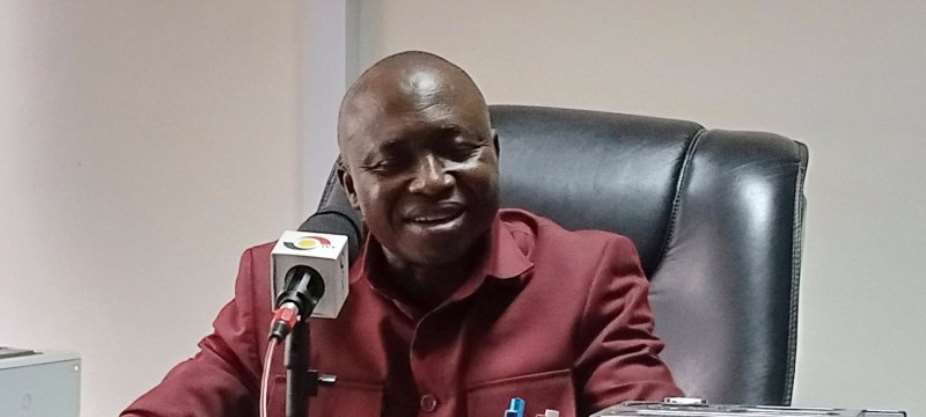The University of Energy and Natural Resources (UENR) in Sunyani is collaborating with 28 other universities, research institutions and municipalities in Europe and Africa on a waste to energy project funded by the European Commission.
The five-year project is aimed at converting agricultural waste to electricity and organic fertilizer. It is expected to bring a great relief to the country as it would in the long term improve sanitation in communities.
The Vice-Chancellor of UENR, Professor Elvis Asare-Bediako, who disclosed this, also announced that the University has received funding from Zoomlion Ghana Limited, waste management experts, to conduct research on converting waste into energy for use in various parts of the country.
To this end, UENR will conduct research in a bid to provide practical solutions to sustainably managing municipal solid waste; focusing on developing systems for managing solid wastes, especially in the Bono region.
Professor Elvis Asare-Bediako was speaking at Gyankobaa in Atwima Nwabiagya South Municipality in Ashanti on the side-lines of the official commissioning of a 400 kilowatt-hybrid waste to energy power plant to treat municipal solid waste.
About the Project
The German government through the Federal Ministry of Education and Research signed a 6.2 million euros contract with four institutions in Germany and one institution in Ghana comprising three academic institutions, one research and development institution and a medium-scale industry to design and construct a hybrid waste to energy power plant to treat municipal solid waste in Ghana.
The completion of the 48-month project will help to ensure the conversion of waste to energy in Kumasi and later extended to other parts of the country.
Expected outcomes
The project seeks to improve sanitation, which is a major environmental challenge in the country, by converting the ever-increasing municipal solid waste into energy for productive uses and contribute to sustainable industrial development.
It will also train high-level local experts in waste treatment technologies in use in Germany to Ghana as well as build the capacity of local experts to design, construct and maintain a hybrid waste to energy facility.
Besides, the project would install a novel hybrid waste to energy treatment facility in Ghana that combines solar PV, biogas and pyrolysis technologies to treat to treat waste and generate power and further provide a blueprint for the propagation of ten additional waste to energy facilities in Ghana.
The project will be training 17 students pursuing Master’s degrees at the University of Energy and Natural Resources (UENR), KNUST and Kumasi Technical University and four PhD students.






 Let’s be true believers, not just church goers – Catholic Priest to Christians
Let’s be true believers, not just church goers – Catholic Priest to Christians
 Ejisu by-election: "We don’t need an independent candidate" — Akufo-Addo fights ...
Ejisu by-election: "We don’t need an independent candidate" — Akufo-Addo fights ...
 Election 2024: Bawumia dares Mahama to two-man debate as he starts countrywide t...
Election 2024: Bawumia dares Mahama to two-man debate as he starts countrywide t...
 'Borla' BVDs: 'Why would anyone want to buy 10 used biometric devices 'hard-code...
'Borla' BVDs: 'Why would anyone want to buy 10 used biometric devices 'hard-code...
 Professor Jane Naana pays last respect to Modestus Ahiable
Professor Jane Naana pays last respect to Modestus Ahiable
 IT is a major skill needed for the job market - Industry Players
IT is a major skill needed for the job market - Industry Players
 Nungua Traditional Council performs “Jenten Nishwamo” ahead of Homowo
Nungua Traditional Council performs “Jenten Nishwamo” ahead of Homowo
 Tema residents demand end of dumsor
Tema residents demand end of dumsor
 A vote for Owusu Aduomi is a vote gor NDC – Bawumia tells Ejisu residents
A vote for Owusu Aduomi is a vote gor NDC – Bawumia tells Ejisu residents
 S. Africa's ex-president Zuma makes surprise comeback
S. Africa's ex-president Zuma makes surprise comeback
